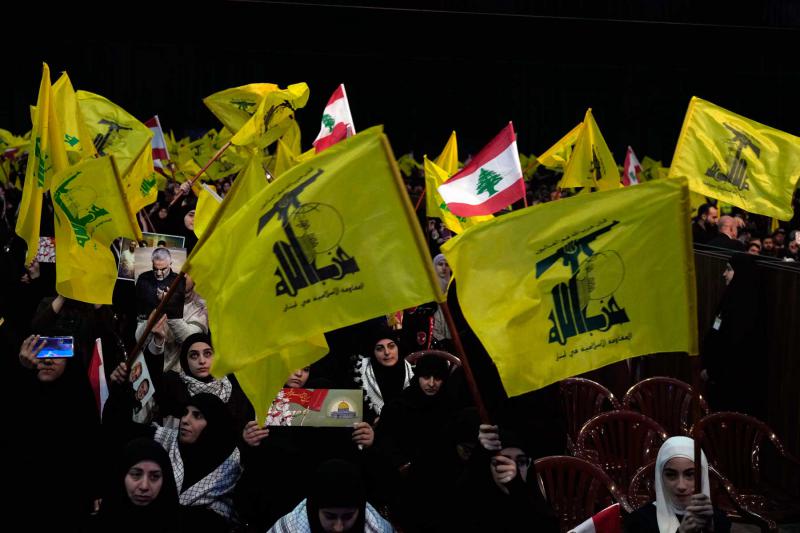In a decisive move against international terrorism financing, the U.S. Department of the Treasury’s Office of Foreign Assets Control (OFAC) has imposed sanctions on six entities across Liberia, India, Vietnam, Lebanon, and Kuwait. These sanctions target a complex network involved in moving commodities and funds, including through cryptocurrencies, to support notorious groups such as the Islamic Revolutionary Guard Corps-Qods Force (IRGC-QF), the Houthis, and Hezbollah.
The Lebanese Connection: A Money Exchanger’s Crypto Operations
Central to this operation is the Lebanese-based Syrian money exchanger, Tawfiq Muhammad Sa’id al-Law. The Treasury Department highlights that al-Law played a pivotal role in providing Hezbollah with digital wallets. These wallets were used to collect funds from IRGC-QF’s commodity sales and to facilitate cryptocurrency transactions. Al-Law’s activities didn’t stop there; he is also accused of managing financial transactions for sanctioned Hezbollah officials and providing financial services to Sa’id al-Jamal and his network, further entangling him in the web of terrorism financing.
The Kuwaiti Link and Broad International Involvement
The sanctions also shed light on two Kuwait-based companies, Orchidia Regional for General Trading and Contracting Company and Mass Com Group General Trading and Contracting Company WLL. These entities are accused of transferring funds to bolster Sa’id al-Jamal’s network, indicating a broad geographic span of the network’s operations and the sophisticated methods employed to support terrorism.
A Resolute Stance Against Terrorism Financing
This series of sanctions marks the sixth round of actions against the financial network supporting the IRGC-QF-backed Houthi facilitator Sa’id al-Jamal since December 2023. Under Secretary of the Treasury for Terrorism and Financial Intelligence, Brian E. Nelson, emphasized the United States’ determination to use its tools to combat the funding of illicit activities. He asserted the nation’s commitment to disrupting the misuse of international markets for terroristic purposes.
The OFAC’s latest move underlines a persistent effort to dismantle the financial infrastructures that fuel terrorist proxies like the Houthis. Implemented under the counterterrorism authority of an amended U.S. Executive Order, the sanctions aim at entities and individuals materially aiding or providing support to designated terrorist organizations, signaling a continued aggressive posture against global terrorism financing networks.
